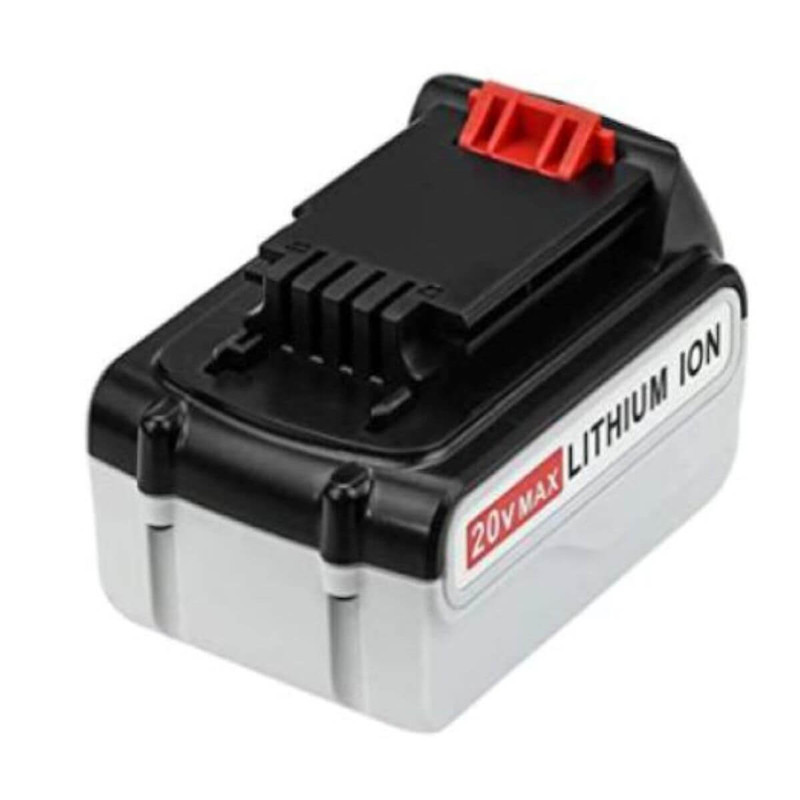Imagine a crisp spring morning, ideal for tackling your overgrown lawn. You head to the garage, eager to unleash your trusty mower, but a question stops you: Does this new battery require charging before I mow?
Some resources may offer simple yes or no answers, but reality requires a more nuanced approach. This article explores the world of lawn mower batteries, shedding light on lesser-known facts about lead-acid and lithium-ion batteries to equip you with the knowledge for optimal mower performance.
Do Lawn Mower Batteries Come Charged?

Lead-Acid Batteries: There is some good news for homeowners with lawn mowers equipped with lead-acid batteries. These batteries typically arrive pre-charged from the factory, providing sufficient power for the initial mowing session.
Lithium-Ion Batteries: Lithium-ion batteries have to be charged before first use. They are typically shipped partially discharged, around 50%.
Lithium-ion batteries do not need to be fully charged like lead-acid batteries, and it's actually better not to do so. The high voltage of fully charging can stress the battery. Choosing a lower voltage threshold or eliminating the saturation charge altogether can prolong the battery's life. Source: Battery University
When Charging Might Be Necessary
Regardless of battery type, a few situations warrant a pre-emptive charge:
Extended Storage: Did you purchase your mower well before the mowing season? Some charge might be lost over time, regardless of battery type (lead-acid or lithium-ion). A quick charge can ensure a smooth start to your mowing season.
Temperature Extremes: Improper storage can affect both battery types. Always refer to your mower's manual for proper storage recommendations.
Lead-acid batteries work best at moderate temperatures. Keep this in mind.
"The optimum operating temperature for the lead-acid battery is 25°C (77°F). As a guideline, every 8°C (15°F) rise in temperature will cut the battery life in half." Source: osti.gov U.S. Department of Energy
Lithium-ion batteries experience stress when exposed to heat. A battery operating above 30°C (86°F) is considered to be at an elevated temperature.
Beyond the Initial Charge: Optimizing Battery Performance
Maximizing the lifespan of your lawn mower battery goes beyond the initial charge. Here are some key practices to ensure long-lasting performance:
Regular Use is Key: Regular use is crucial for maintaining a battery's health. Consistent mowing prevents the battery from dropping to a critically low charge level, which can shorten its lifespan for both lead-acid and lithium-ion batteries.
Winter Storage Tips: During colder months, consider following the manufacturer's recommendations for storing your mower, which might include specific battery storage instructions. Generally, a cool, dry place is ideal for lead-acid and lithium-ion batteries.
Understanding the Age Factor: Like all batteries, lead-acid and lithium-ion batteries have a finite lifespan. As they age, they will eventually lose their ability to hold a charge.
The average lawn mower battery lasts about three years, but high-quality batteries can last up to five years, depending on mowing frequency, lawn size, and care. Replace your battery when you observe a significant decrease in mowing time per charge.
It's important to remember that all battery systems are unique. Factors such as battery type, charger technology, equipment loads, cable size, climate, and others can vary significantly. These differences will require adjustments in battery maintenance. Each system will always need a certain level of customized attention. Source: Trojan Battery Company
How to Charge a Lawn Mower Battery
Remember, using the correct battery charger designed for your lawn mower's battery is not just about efficiency - it's also a matter of safety. Chargers are specifically calibrated to the battery's voltage and current requirements, mitigating the risk of overheating or other charging problems.
Download our FREE Safely Charging Your Lawn Mower Battery Guide
Download Safely Charging Your Lawn Mower Battery Guide
Wrapping it Up!
Lead-acid batteries designed for lawn mowers are usually pre-charged and ready for immediate use. In contrast, lithium-ion batteries require charging before their first use.
It's important to remember that charging may be necessary if the batteries are stored for long periods or exposed to extreme temperatures.
To maintain optimal performance and longevity, using the batteries regularly and following appropriate storage practices is crucial.
Do you charge your new lawn mower battery before mowing? Share your experience in the comments below!

